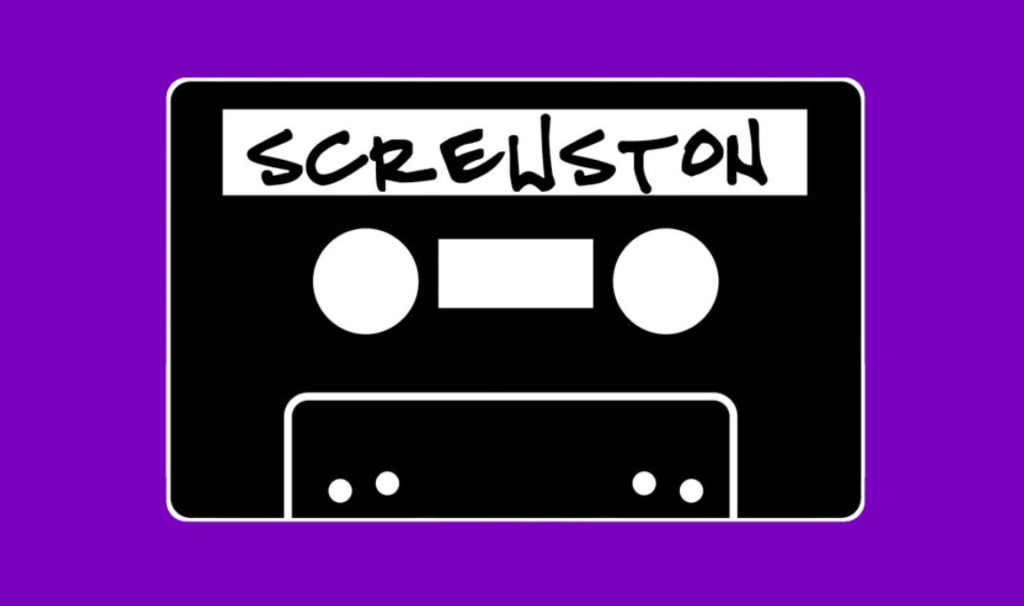
Texas music comes from all corners of the Lone Star State, from singing cowboys, and in German immigrant dance halls, to Mexican balladeers and laboring field hands. And along the Gulf Coast, Texas music has produced countless stars, fed on a diet of blues, country, Tejano, western swing, Zydeco, rock, and hip-hop. Here are some of lesser known stories of Texas musical legends.

Lead Belly
Can a song get you out of prison? Future blues legend Huddie Ledbetter (AKA Lead Belly) found out after he performed for sitting Governor Pat Neff while incarcerated in the Sugar Land, Texas state prison. Lead Belly’s lyrics and performance impressed the governor to such an extent that he vowed to pardon the musician closer to his sentence’s end. During his stint, Lead Belly kept out of trouble by working the fields and playing his music. In one of his very last acts as governor of Texas, Governor Neff made good on his promise. Lead Belly lived in nearby Houston for a few months before returning to his family in Shreveport, Louisiana, where he ran afoul of the law once more, this time landing in the famously-hellacious Louisiana State Penitentiary in Angola. By the time folklorist John Avery Lomax arrived at Angola looking to record dying musical traditions, Lead Belly had a bona fide folk standard in his setlist — Midnight Special. Once the blues musician was paroled, he and Lomax toured the nation, performing as the embodiment of living African American folk music, and giving the next generation of blues, R&B, and rock musicians the gift of history.
“I found…a small group of girls who were bravely striving to climb back up the ladder. It’s harder for a girl to make up for her mistakes than it is for a man to live down his past…but these girls are all trying.” —prison inmate and banjo player Reable Childs

The Goree Girls
In the early decades of the 20th century, prison rodeos and prison musical shows performed for the surrounding communities. Eventually, prison bands developed and found audiences on the radio. In 1938, the new live show Thirty Minutes Behind the Walls from station WBAP in Fort Worth took to the airwaves, taking listeners inside the penitentiary walls to hear prisonersʼ songs. By 1940, due in part to the popularity of female performers at the prison rodeo, The Goree All-Girl String Band debuted on the weekly show. Even the Goree performers were serving heavy prison sentences, they came across as stars, projecting a sense of penitence, which earned them compassion and respectability. The limitations of their gender and their incarceration kept them from “breaking out” as Lead Belly had, and no recordings exist.
What’s Going On in H-Town?!
Hall of Fame Texas music legends like Willie Nelson, Bob Willis, Buddy Holly, and Stevie Ray Vaughn have spread the soul of country and fire of rock around the world. And for decades, amateur blues and jazz musicians went to Houston to make it big, and established acts came to cut records. But beginning in the 1990s, hip-hop developed new styles and its own unforgettable musical stars — in Houston. While few would argue Beyoncé is the most famous living Houstonian, the Bayou City’s reputation for innovation was cemented years before Bey exploded onto the scene.
The Geto Boys
If hip-hop culture is all about geography, then the East Coast and West Coast are nothing like the Gulf Coast. Born in the Bronx, hip-hop has occasionally been constrained by its own social and political boundaries. The so-called Third Coast found its voice in the late 1980s when Houston’s Rap-A-Lot record label was founded. The Geto Boys, as developed and produced by James Prince, would become Houston’s first nationally recognized hip-hop group, on the strength of the group’s signature song, 1991’s “Mind Playing Tricks on Me.” The album, “We Can’t Be Stopped,” was the appropriate title, it also reflected the City of Houston’s own response to years of noise from haters and detractors. The Houston scene was something to be reckoned with. To that point, in 2012, Rolling Stone magazine ranked the paranoid hip-hop masterpiece “Mind Playing Tricks on Me” as the fifth-greatest hip-hop song ever.

DJ Screw
Hot on the heels of The Geto Boys, a young DJ named Robert Earl Davis Jr. began hawking his own mixtapes that would reinvigorate hip-hop and give Houston its own sound. Davis dubbed himself DJ Screw and perfected a technique where he rapped over slowed-down versions of existing songs — mostly Houston and West Coast rap, R&B, and funk and reggae. His new recipe would become known around the world as “chopped and screwed.” Screw’s influence grew following his death in 2000, and his style can still be heard in fellow Houston rappers Bun B, Pimp C, Paul Wall, Chamillionaire, and Slim Thug. And even Beyoncé herself acknowledged the musical legacy of chopped and screwed when her cut “Bow Down/I Been On” where she cemented her own royalty and repped Houston’s hip-hop legends, and even included verses from rappers Bun B, Scarface, Willie D, Lil’ Keke, and Z-Ro, with each giving props to Houston’s hip-hop history.

